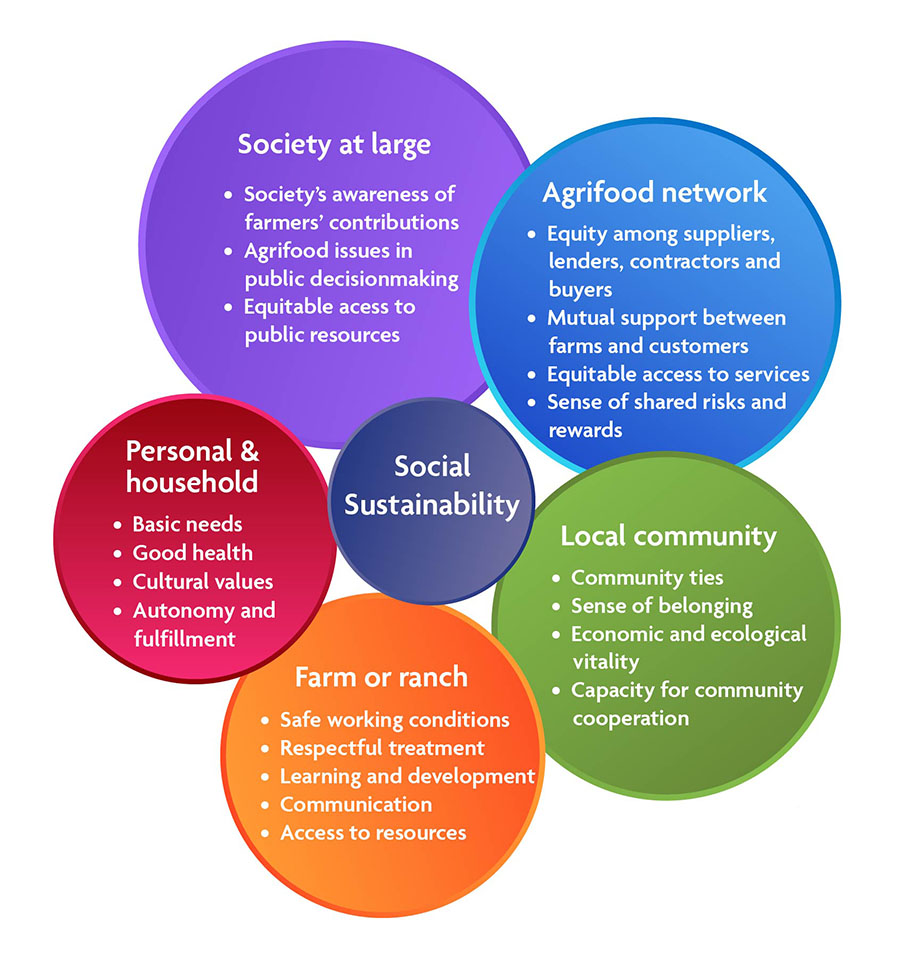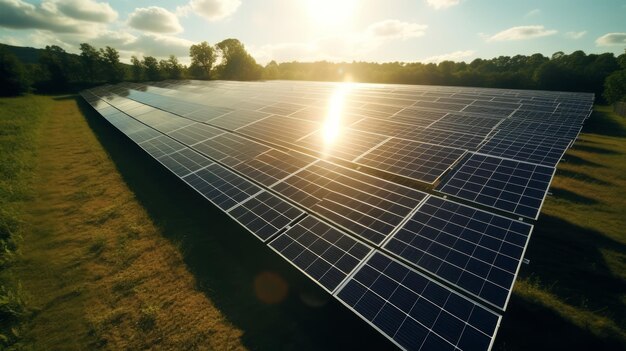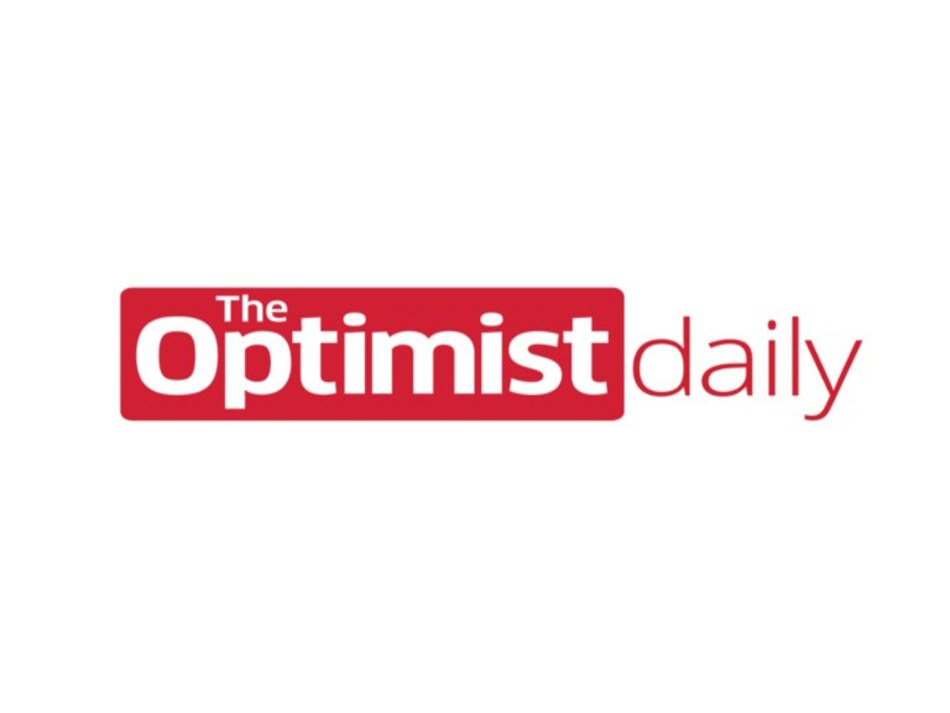
Social Sustainability: Building Thriving Communities Beyond Green Initiatives
When you hear the word "sustainability," what’s the first thing that comes to mind? For many, it’s images of recycling bins, solar panels, electric cars, or protecting endangered species. And while environmental efforts are a huge and vital part of sustainability, they’re only one piece of a much larger puzzle.
True sustainability is like a three-legged stool, needing balance from all its parts: environmental, economic, and social. This article will take a deep dive into the often-overlooked but incredibly important third leg: Social Sustainability. It’s about ensuring that people, communities, and societies can thrive, not just survive, both now and in the future.
What Exactly Is Social Sustainability?
Think of social sustainability as focusing on the "people" aspect of our world. It’s about creating a fair, equitable, and healthy society where everyone has the chance to live a good life. It’s about ensuring that communities are strong, inclusive, and resilient, and that people’s well-being is at the heart of our decisions.
In simple terms, social sustainability means:
- Fairness: Everyone gets treated with respect and has equal opportunities.
- Inclusion: No one is left out or discriminated against because of who they are.
- Well-being: People have good health, education, safety, and a sense of belonging.
- Participation: People have a say in decisions that affect their lives and communities.
Unlike environmental sustainability which focuses on protecting nature, social sustainability focuses on protecting and enhancing human capital and social well-being. It asks: Are we creating a world where all people can flourish?
Why Does Social Sustainability Matter So Much?
You might wonder, if we clean up the planet, won’t people automatically be better off? Not necessarily. A pristine environment won’t help if people are living in poverty, facing discrimination, or lacking basic human rights.
Here’s why social sustainability is absolutely crucial:
- Stronger Communities: When people feel safe, included, and have opportunities, they are more likely to contribute positively to their local area. This builds strong, vibrant communities that can support themselves.
- Better Business: Companies that prioritize social sustainability often have happier employees, better reputations, and fewer legal or ethical problems. This can lead to greater long-term success and customer loyalty.
- Reduced Conflict: Inequalities, injustice, and lack of basic needs often lead to social unrest and conflict. Addressing these issues through social sustainability can create more peaceful and stable societies.
- Resilience in Crises: Communities with strong social ties, good health systems, and equitable access to resources are much better equipped to handle challenges like economic downturns, natural disasters, or pandemics.
- A Fairer World: At its core, social sustainability is about justice. It ensures that everyone, regardless of their background, has the fundamental rights and opportunities needed to thrive.
- Intergenerational Equity: Just as we want to leave a healthy planet for future generations, we also want to leave them a society that is fair, stable, and offers opportunities for all.
Key Pillars of Social Sustainability: What Does It Look Like in Practice?
Social sustainability isn’t just one thing; it’s a collection of interconnected areas that contribute to human well-being and societal health. Let’s break down some of its most important pillars:
1. Fair Labor Practices & Human Rights
This is a cornerstone. It’s about ensuring that people who work are treated ethically and respectfully.
- Living Wages: Workers should earn enough to cover their basic needs and have a decent quality of life, not just minimum wage.
- Safe Working Conditions: No one should have to risk their health or life to earn a living. This includes physical safety, but also mental well-being at work.
- No Child or Forced Labor: This is a fundamental human right. All work should be voluntary and performed by adults.
- Non-Discrimination: Everyone should have equal opportunities for employment and advancement, regardless of gender, race, religion, sexual orientation, disability, or age.
- Freedom of Association: Workers should have the right to form unions and bargain collectively for better conditions.
2. Health & Well-being
Beyond just access to doctors, this pillar covers everything that contributes to a healthy and fulfilling life.
- Access to Healthcare: Everyone should have affordable and quality medical care, including mental health services.
- Clean Air and Water: While environmental, access to these is a fundamental human right and directly impacts health.
- Nutritious Food: Food security means everyone has consistent access to enough healthy food.
- Mental Health Support: Reducing stigma and providing resources for mental health is vital for individual and community well-being.
- Recreation and Green Spaces: Access to parks, nature, and opportunities for physical activity improve both physical and mental health.
3. Education & Lifelong Learning
Education is a powerful tool for social mobility and empowerment.
- Universal Access to Quality Education: Every child, everywhere, should have access to good schools, from early childhood to higher education.
- Literacy and Numeracy: Basic skills are essential for participation in society and the economy.
- Lifelong Learning Opportunities: Adults should have opportunities to gain new skills, adapt to changing job markets, and pursue personal interests.
- Digital Literacy: In today’s world, understanding and using technology is crucial for social inclusion.
4. Community Engagement & Development
Strong communities are the backbone of a socially sustainable society.
- Active Participation: People should have meaningful ways to get involved in local decision-making, volunteering, and community events.
- Sense of Belonging: Creating places where people feel connected, safe, and part of something larger than themselves.
- Local Decision-Making: Empowering local communities to identify their own needs and solutions.
- Cultural Preservation: Respecting and celebrating diverse cultures, traditions, and heritage.
5. Diversity, Equity, and Inclusion (DEI)
This pillar is about ensuring that society works for everyone, not just a privileged few.
- Equal Opportunities: Breaking down barriers so that everyone has a fair shot at success, regardless of their background.
- Anti-Discrimination: Actively working to prevent and address racism, sexism, ableism, homophobia, and other forms of prejudice.
- Celebrating Differences: Recognizing that diversity in backgrounds, perspectives, and experiences enriches society.
- Accessible Spaces: Ensuring that public spaces, transportation, and information are accessible to people with disabilities.
6. Access to Basic Needs & Infrastructure
Without these fundamentals, thriving is impossible.
- Affordable Housing: Everyone deserves safe, stable, and affordable housing.
- Reliable Transportation: Access to work, school, and essential services requires good public transport or other accessible options.
- Clean Water and Sanitation: Fundamental for health and dignity.
- Energy Access: Reliable and affordable energy is essential for modern life.
7. Safety & Security
Feeling safe is a basic human need and crucial for well-being.
- Freedom from Violence: Protecting individuals and communities from crime, conflict, and abuse.
- Emergency Preparedness: Communities being ready to respond to natural disasters, health crises, and other emergencies.
- Justice System: A fair and accessible legal system that upholds human rights and ensures due process.
Who is Responsible for Social Sustainability? (Spoiler: Everyone!)
Achieving social sustainability isn’t the job of one person, one company, or one government. It requires a collective effort from all levels of society:
- Individuals:
- Being mindful consumers (e.g., buying from ethical brands).
- Volunteering and participating in local community initiatives.
- Advocating for social justice and human rights.
- Treating others with respect and empathy.
- Businesses:
- Implementing fair labor practices throughout their supply chains.
- Investing in employee well-being and development.
- Contributing positively to the communities where they operate.
- Ensuring their products and services are safe and accessible.
- Governments:
- Creating and enforcing laws that protect human rights and promote equality.
- Investing in public services like education, healthcare, and affordable housing.
- Developing policies that reduce poverty and inequality.
- Ensuring transparent and accountable governance.
- Non-Profit Organizations & Civil Society:
- Working directly with communities to address specific needs.
- Advocating for policy changes and raising awareness.
- Providing essential services to vulnerable populations.
How Can We Foster Social Sustainability in Our Lives and Communities?
It might seem like a huge task, but every small action contributes. Here are some practical ways to get involved:
As an Individual:
- Educate Yourself: Learn about social issues in your community and globally.
- Support Ethical Brands: Look for companies with strong social responsibility records (e.g., Fair Trade certified).
- Vote Smart: Support political leaders and policies that prioritize social justice and equity.
- Volunteer: Give your time to organizations working on issues you care about.
- Be an Ally: Speak up against discrimination and injustice when you see it.
- Engage Locally: Join neighborhood groups, attend town halls, and participate in community events.
As a Business:
- Conduct Social Audits: Understand the social impact of your operations and supply chain.
- Prioritize Employee Well-being: Offer fair wages, benefits, professional development, and a supportive work environment.
- Embrace DEI: Actively work to create a diverse, equitable, and inclusive workplace.
- Invest in Community Programs: Support local initiatives, education, and health programs.
- Be Transparent: Communicate your social impact efforts openly with stakeholders.
As a Community/City:
- Develop Inclusive Policies: Create urban planning that promotes mixed-income housing, public transport, and green spaces accessible to all.
- Invest in Public Services: Ensure robust funding for schools, libraries, parks, and healthcare facilities.
- Foster Civic Engagement: Create easy and meaningful ways for residents to participate in local governance.
- Support Local Economies: Promote small businesses and local employment opportunities.
- Prioritize Safety and Justice: Work with law enforcement and community groups to create safe environments and fair justice systems.
The Interconnectedness: Social, Environmental, and Economic
It’s vital to remember that social sustainability doesn’t exist in a vacuum. It’s deeply intertwined with environmental and economic sustainability.
- Environmental Impact on Social: Pollution disproportionately affects low-income communities. Climate change leads to displacement and health crises, hitting vulnerable populations hardest.
- Economic Impact on Social: Poverty limits access to education, healthcare, and safe housing. Economic inequality can fuel social unrest.
- Social Impact on Environmental/Economic: A well-educated and engaged population is more likely to advocate for environmental protection and participate in a sustainable economy. Fair labor practices contribute to stable economies and reduce social instability.
You can’t have a truly sustainable planet without socially just and equitable societies. And you can’t have a stable economy if your workforce is exploited or your communities are struggling. All three pillars must stand strong for the stool to be balanced.
Conclusion: Building a World Where Everyone Can Thrive
Social sustainability is not just a nice-to-have; it’s a fundamental requirement for a healthy, resilient, and prosperous future. It calls on us to look beyond the green initiatives and focus on the human element – the well-being, fairness, and dignity of every individual.
By actively working towards fair labor, accessible education and healthcare, vibrant communities, and genuine inclusion, we are not only addressing immediate human needs but also laying the groundwork for a truly sustainable world. It’s a journey that requires empathy, action, and a shared commitment to creating a society where everyone has the chance to thrive, now and for generations to come.


Post Comment